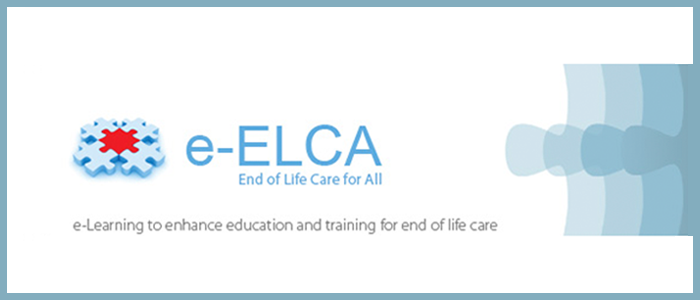A new session on The management of diabetes at the end of life has been added to the End of Life Care for All (e-ELCA) elearning programme.
This new session explores the prevalence of diabetes, therapeutic approaches and practical decision making in patients who are approaching the end of life.
Ten sessions have also recently been updated within the programme.
These sessions are:
- ‘I don’t believe you, I’m not ready to die’ – Managing denial
This session explores the issues associated with denial and the skills required to approach such situations. - End of Life Care for people experiencing homelessness
The scenario within this session reflects the complexities that usually exist when caring for a person who is experiencing homelessness. - ‘Please don’t tell my husband’ – Managing collusion
This session describes collusion and explores the reasons for this behaviour and effective approaches to managing it - Communicating the plan of management and care
The different aspects that need consideration in effectively communicating the management plan to the patient and family/carers, and to all professionals and services involved in the patient’s care are explored within this session. - Talking with ill people: Considering the surrounding environment
This session looks at the importance of the environment when communicating with patients in end of life care. - Spirituality and the multidisciplinary team
This is suitable for chaplains, registered nurses, health care assistants, social care workers, health and social care students, AHPs and doctors in early training. - Dying as a prisoner
The issues faced by a patient, who is also a prisoner, in different settings including prison, hospital or hospice are explored within this session. - Communicating with non-English speaking patients
This session is useful to all health and social care workers supporting patients and their families where languages may be a barrier to effective care. - Introduction to the principles of assessment in end of life care: Part 2
This session describes the structure of the end of life care assessment process and the personal and locations involved at each stage. - General approach to assessment of symptoms
Suitable for junior doctors, nurses and AHPS, this session looks at the essential first steps before a plan for symptom management and care can be started.



Comments are closed.